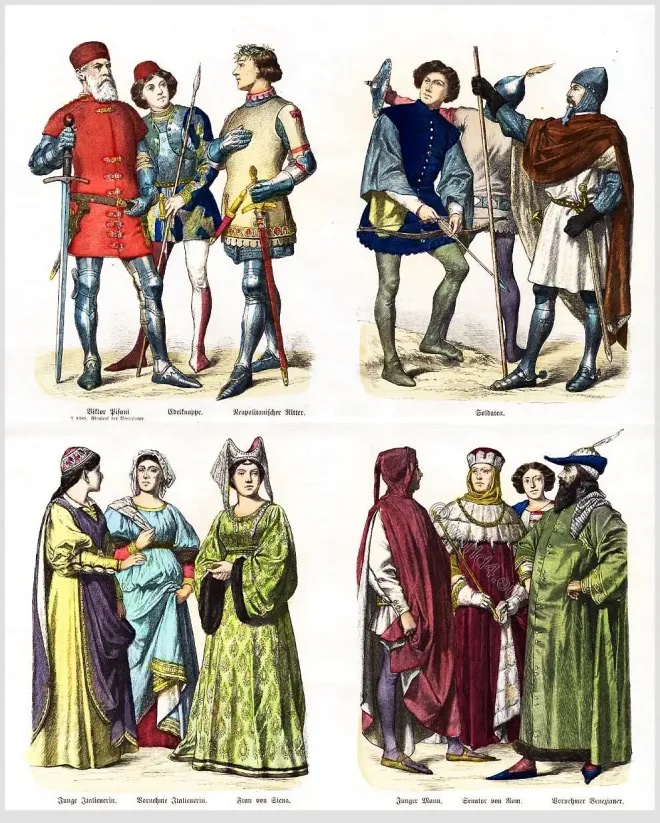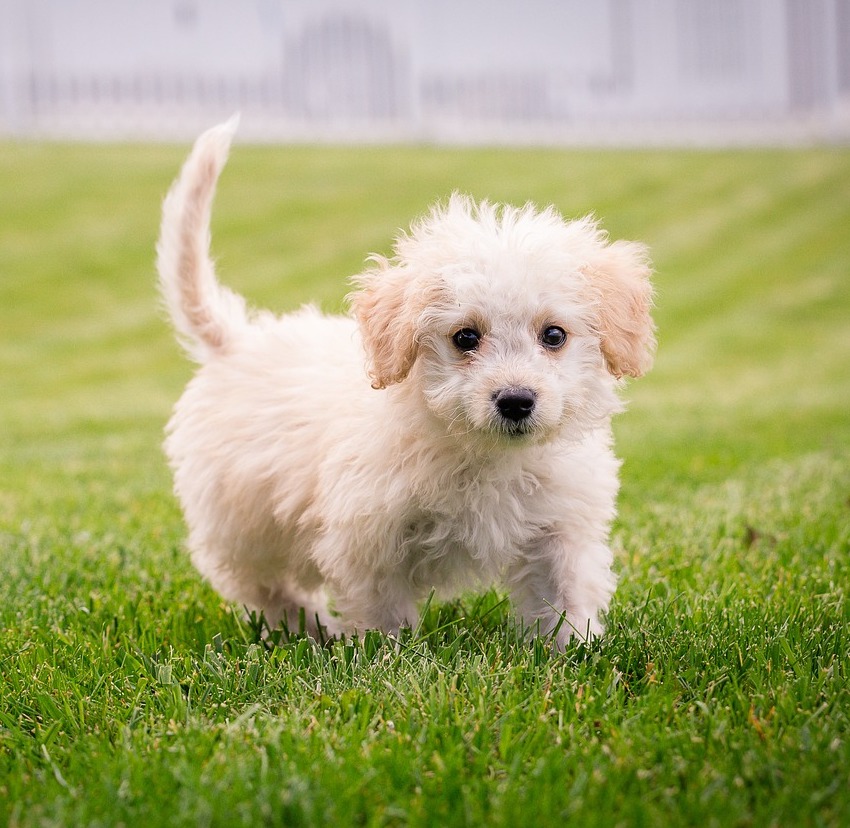The Bichon Frise is a small, cheerful dog known for its white puffball coat and playful demeanor. This breed is highly affectionate, making it an excellent companion for families, singles, and seniors alike. Here’s everything you need to know about the Bichon Frise.
Height
The Bichon Frise typically stands about 9.5 to 11.5 inches (24 to 29 cm) tall at the shoulder.
Colors
The most common color for a Bichon Frise is pure white, though they can also have shades of apricot, cream, or buff around their ears, paws, and body.
Weight
A healthy Bichon Frise usually weighs between 12 to 18 pounds (5.4 to 8.2 kg).
Life Expectancy
The life expectancy of a Bichon Frise is approximately 14 to 15 years, with many living even longer with proper care.
Physical Characteristics
The Bichon Frise is known for its soft, curly coat that gives it a distinctive, fluffy appearance. They have a rounded skull, with a slight stop at the muzzle, dark eyes, and a cheerful expression. Their tails are long and curly, carried over the back.
Health Concerns & Other Considerations
Bichon Frises are generally healthy, but like all breeds, they’re prone to certain health conditions. These can include allergies, bladder problems, dental issues, and joint disorders such as patellar luxation. Regular veterinary check-ups, a proper diet, and good dental hygiene can help manage these concerns.
Personality Traits
Bichon Frises are known for their affectionate, playful nature. They are highly sociable and get along well with children and other pets. Bichons are intelligent and trainable but can be stubborn at times. Early socialization and positive reinforcement training methods work best with this breed.
Bichon Frise History
The Bichon Frise’s history can be traced back to the 14th century, originating from the Mediterranean area. The breed descends from the Barbet or Water Spaniel, from which the name “Barbichon” came, later shortened to “Bichon.” The Bichon family includes several breeds, such as the Bichon Frise, the Maltese, the Bolognese, and the Havanese, among others.

The Bichon Frise was particularly favored by Italian nobility in the 14th century, and it was Italian sailors who are credited with introducing the breed to other parts of Europe, including France and Spain. The breed’s charm and cheerful disposition quickly made it a favorite among the aristocracy in these countries.
Rise to Fame in France
The Bichon Frise’s popularity soared in France during the Renaissance under the reign of Francis I. However, it was during the reign of Henry III in the late 16th century that the Bichon Frise became a staple of French royal courts. Henry III was so enamored with his Bichons that he carried them wherever he went in a special basket that hung from his neck. The breed’s association with French royalty continued for centuries, with Bichons often being featured in portraits alongside their noble owners.
Decline and Resurgence
Despite their initial popularity, Bichons fell out of favor in the royal courts by the 19th century. They found a new role in the streets, performing with organ grinders and in circuses across Europe, where they were valued for their intelligence and ability to learn tricks. This period in their history helped to refine the breed’s sociable and outgoing nature.
In the early 20th century, the Bichon Frise began to regain popularity. French breeders took an interest in standardizing the breed, leading to the first official breed standard being written in 1933. The breed was officially recognized as the “Bichon Frise” in 1934 by the Société Centrale Canine in France.
International Recognition
The Bichon Frise was introduced to the United States in the 1950s, and its popularity quickly grew. The American Kennel Club (AKC) recognized the Bichon Frise in 1972. Since then, the breed has become a beloved pet in many households around the world, known for its friendly disposition, hypoallergenic coat, and adaptability to various living situations.
Today, the Bichon Frise is celebrated not only for its historical significance but also for its role as a companionable and loving family pet. Its cheerful personality, combined with its storied past, makes the Bichon Frise a unique and cherished breed in the canine world.
